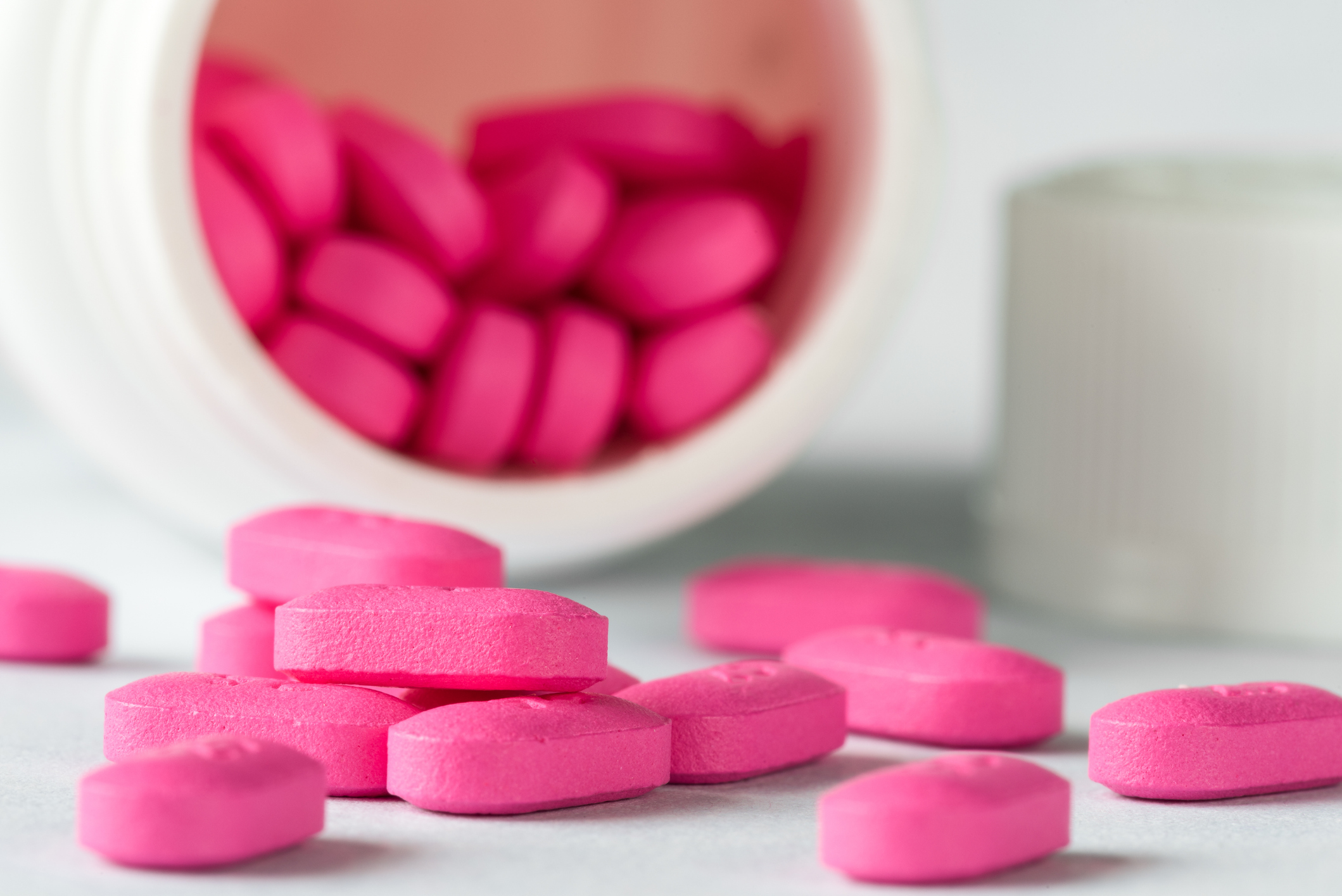When your loved one is struggling with alcoholism or drug addiction, you likely want to do everything in your power to help them get better. However, there is a fine line between supporting and enabling your loved one. The definition of enabling an addict is doing things for them that allow them to continue their drug addiction without repercussions while helping them is guiding them toward recovering from addiction to alcohol or drugs. Read on to learn about enabling vs helping, common enabling behaviors, and how to replace them with supportive actions.
What Does Enabling an Addiction Look Like?
Making excuses – Does your addicted partner or child often fail to meet their responsibilities? Are you the one stuck cleaning up after their mess? For example, let’s say your loved one constantly arrives late to work and skips family gatherings. You begin lying and making excuses for your loved one’s erratic behavior to cover up their substance use. You might think you are gaining some control over the situation but in reality, you are enabling their addiction by preventing them from facing any consequences.
Ignoring the signs of addiction – Many people do not engage in substance use in plain sight. This leads to secrecy and suspicious behaviors, which are clear indicators that there is a problem. Some common behaviors might include:
- Sudden changes to daily routine, like staying out later than usual
- Neglecting relationships with family and friends
- Problems at work or school
- Rapid mood swings
Some enablers will ignore these warning signs in an effort to protect their pride and avoid facing the truth. Pretending your loved one isn’t struggling with drug addiction and expecting their negative behaviors to change will passively encourage them to continue their drug and alcohol use. It’s also possible your avoidant approach will make your loved one feel more isolated and hesitant to reach out for addiction help.
Helping with their expenses – Much of your loved one’s income is probably spent on drugs or alcohol to fuel their addiction. Unknowingly, you might be enabling them by paying monthly bills and rent or covering their financial hardships. As difficult as it may be, stop lending them money and hold them accountable for their actions.
Accepting their lies or excuses – If you know something doesn’t seem right or hear the same excuse over and over, and you simply accept it, this is considered enabling behavior. Most often, enabling occurs because you may be scared of confrontation and further damaging the relationship. So, it’s easier to accept the addict’s lies and move on with your day. Enablers often have codependent qualities and strive to please the other person in fear of being alone.
Tending to their needs more than your own – There’s a reason they say on airplanes that you need to put on your own oxygen mask first, before helping others. The same is true when it comes to supporting your partner or child with a substance use disorder. You must help yourself first before you can assist others. Addiction is a family disease, which means it can take a serious toll on your mental health, even if you’re just a bystander. If your loved one constantly watches you put your life on pause to get them out of a tough situation, they will never learn to help themselves.
What Does Helping Someone With Addiction Look Like?
Getting educated – Perhaps one of the first things you can do to help is get educated about addiction. Read online articles and books, talk to other people about your experiences, or attend a support group to familiarize yourself with the disease.
Helping them find the right treatment program – Your loved one might not want addiction help right away, but it’s never too early to start preparing for the future. Search for drug and alcohol treatment centers in your area. Consider costs and speak with your insurance provider to see how much treatment is covered. Also, think about if your loved one would benefit from a facility that offers a wide continuum of care including detox, rehab, and sober living programs. Remember, you can’t force someone to go to treatment; they need to be the ones who ultimately want to get better.
Setting boundaries and reinforcing them – Your addicted loved one may have skated their way through life by lying and making excuses for their shortcomings. Until the substance user realizes there are consequences for their actions, they will likely not see a reason to do anything different. Set boundaries to remove yourself from the chaos of addiction and focus on yourself. One boundary could be telling your partner that you don’t want them drinking around you or your children. Healthy boundaries are not meant to control the other person; rather, they are meant to control your environment and protect you.
If the boundary is crossed, then it is your job to reinforce it. Let your significant other know how you feel and that they are not welcome in your home until they are sober. Stand your ground and don’t let the addict manipulate you with lies and excuses.
Utilizing healthy communication – An important part of healthy communication is listening to the other person. If your loved one confides in you, listen to them without interrupting or judging them. With patience and compassion, your loved one is more likely to come to you when they are ready to look for treatment.
Focusing on the positives but still expressing your feelings is another crucial communication tactic. For example, let’s say your partner is going out late to meet up with friends and neglecting your needs and the relationship. Out of frustration, you might say, “You’re going out drinking again? This is the third time this week!” Instead of throwing judgment at them, rephrase this to something like, “I’m glad that you are connecting with your friends. I would love for us to spend a little more quality time together too. Can we go out to see a movie soon?”
Practicing self-care and engaging in your own recovery – It’s very easy to let all your time and energy become consumed with your loved one’s addiction. Check in with yourself and make sure you are getting adequate sleep and eating nutritious foods. Whether it’s 15 minutes or an hour, taking time to unwind and doing a simple activity you enjoy can do wonders for your mental and emotional health. And to begin working on your own recovery, try joining a support group, such as Al-Anon or Nar-Anon, or speaking with a therapist to manage any feelings weighing you down, such as sorrow or guilt.
If you find yourself being an enabler, it is not too late to change the role you play in your loved one’s addiction. Follow the above tips to stop enabling addiction and become a more supportive person. Throughout the entire process, perhaps the most important thing you can do is remind your family member or friend that you love them, and that you are with them every step of the way.
If you or a loved one is struggling with addiction, Mountainside can help.
Click here or call (888) 833-4676 to speak with one of our addiction treatment experts.

 By
By 







